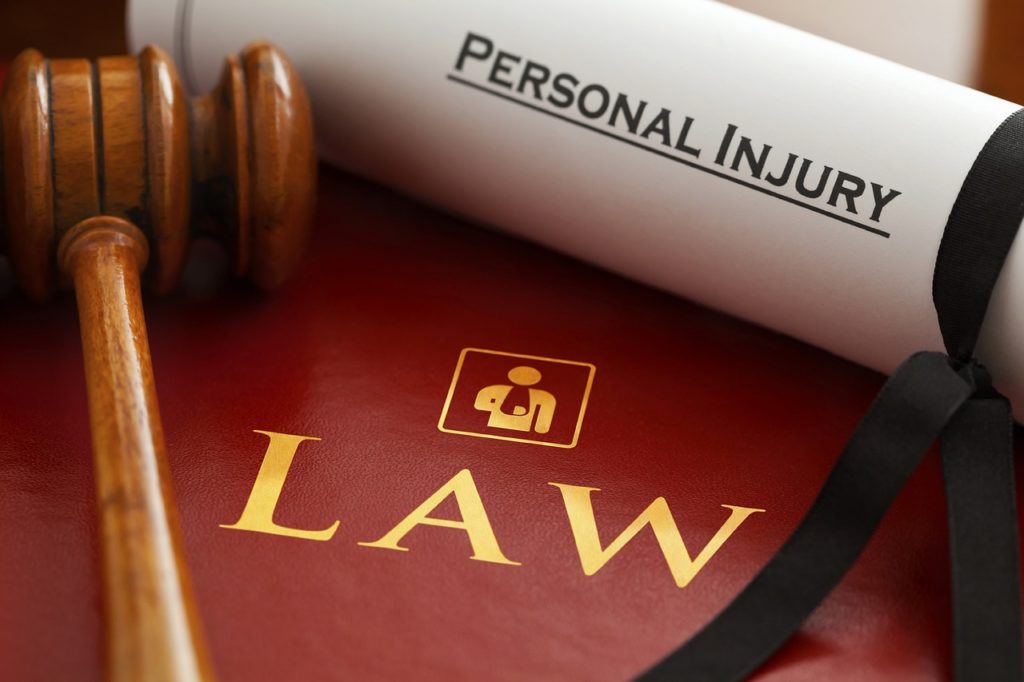Compensatory damages can be broadly categorized into two types: economic and non-economic damages.
- **Economic Damages**: These are tangible, out-of-pocket expenses that can be easily quantified. Examples include:
- **Medical Expenses**: Costs for hospital stays, surgeries, medications, physical therapy, and any future medical care required due to the injury.
- **Lost Wages**: Compensation for the income lost while recovering from the injury. This can also include future earnings if the injury impacts the ability to work long-term.
- **Property Damage**: Costs for repairing or replacing personal property that was damaged in the incident, such as a car in an auto accident.
- **Non-Economic Damages**: These are intangible losses that are more subjective and harder to quantify. Examples include:
- **Pain and Suffering**: Compensation for physical pain and emotional distress experienced as a result of the injury.
- **Loss of Consortium**: Damages awarded to a spouse or family member for the loss of companionship and support due to the injury.
- **Emotional Distress**: Compensation for anxiety, depression, and other psychological impacts stemming from the injury.
Calculating compensatory damages involves several factors and can vary significantly from case to case. For economic damages, documentation such as medical bills, pay stubs, and repair receipts are crucial in establishing the amount. Non-economic damages, however, are more subjective and often rely on testimonies, expert opinions, and the severity of the impact on the victim’s life.Courts may use different methods to calculate non-economic damages, including the multiplier method (multiplying the economic damages by a factor based on the severity of the injury) and the per diem method (assigning a daily rate to the pain and suffering and multiplying it by the number of days the victim is affected).
Compensatory damages are vital for several reasons:
- **Financial Relief**: They provide the necessary funds to cover medical expenses, lost income, and other costs, reducing the financial strain on the victim and their family.
- **Restoration**: These damages aim to restore the victim’s quality of life to what it was before the injury, acknowledging both the tangible and intangible losses.
- **Accountability**: Awarding compensatory damages holds the negligent party accountable for their actions, promoting a sense of justice and responsibility.


